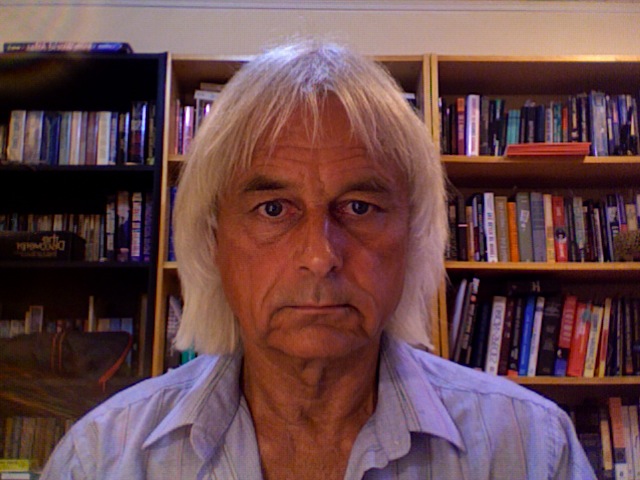Smith did not think of himself as an economist, or even as a political economist. Smith saw what he was doing as moral philosophy, trying to answer the question, "How should we live?" Smith's self-sufficient village economy of farmers, craftspeople and tradespeople sounds a lot like how people would live in the "new heavens and new earth" envisioned by the Hebrew prophet Isaiah,
"They will build houses and dwell in them; they will plant vineyards and eat their fruit. No longer will they build houses and others live in them, or plant and other eat. ...my chosen ones will long enjoy the works of their hands. They will not toil in vain, or bear children doomed to misfortune. (Isaiah 65: 21-23).
Nor was Isaiah keen on capital accumulation,
"Woe to you who add house to house and join field to field till no space is left and you live alone in the land." (Isaiah 5:8)
Isaiah prophecied against greed and oppression around 650-600 BC. Plato describes the same egos inflicting the same tyranny in The Republic, written in the 4th century BC. Smith published his opus against state-corporate mercantilism in 1776. Not much changed during 2400 years of human 'progress'. Not much has changed since Smith.
There was no free market in the 18th century and there still isn't today. Bankers exercising their power to issue and allocate money are now and were then the real force that organizes the market economy. Governments granting commercial monopolies to corporations like the British East India Company -- backed by the firepower of the Royal Navy -- organized markets.
Governments then as now were hostage to "the bond market", which is owned and operated by money-issuing banksters. A favorite rent-extracting vehicle of 18th century banksters was "consols": perpetual bonds first issued in 1751. The heavily indebted British government consolidated all of its bond debt into the newly issued perpetual bonds, and paid (a reduced rate of) annual interest on their total debt of banker-issued money. But "perpetual" bonds have no maturity date so the indebted government never has to repay their principal debt. A "perpetual" source of nearly risk-free income to banksters.
The Industrial Revolution was beginning and free enterprisers began building up the industrial infrastructure. A century later independent businesses were bought up or absorbed into gigantic monopolistic corporate trusts like JP Morgan's US Steel in 1901. Frederick Lewis Allen's 1935 book, The Lords of Creation (new Forbidden Bookshelf edition subtitled, The History of America's 1%), documents the play-by-play by which this process of capitalist consolidation was engineered in the decades between about 1880-1930. During these decades finance capitalists manipulating corporation law, and manipulating the issuance and allocation of money and company shares, "bought the free market".
Next Page 1 | 2 | 3 | 4 | 5 | 6 | 7 | 8
(Note: You can view every article as one long page if you sign up as an Advocate Member, or higher).





